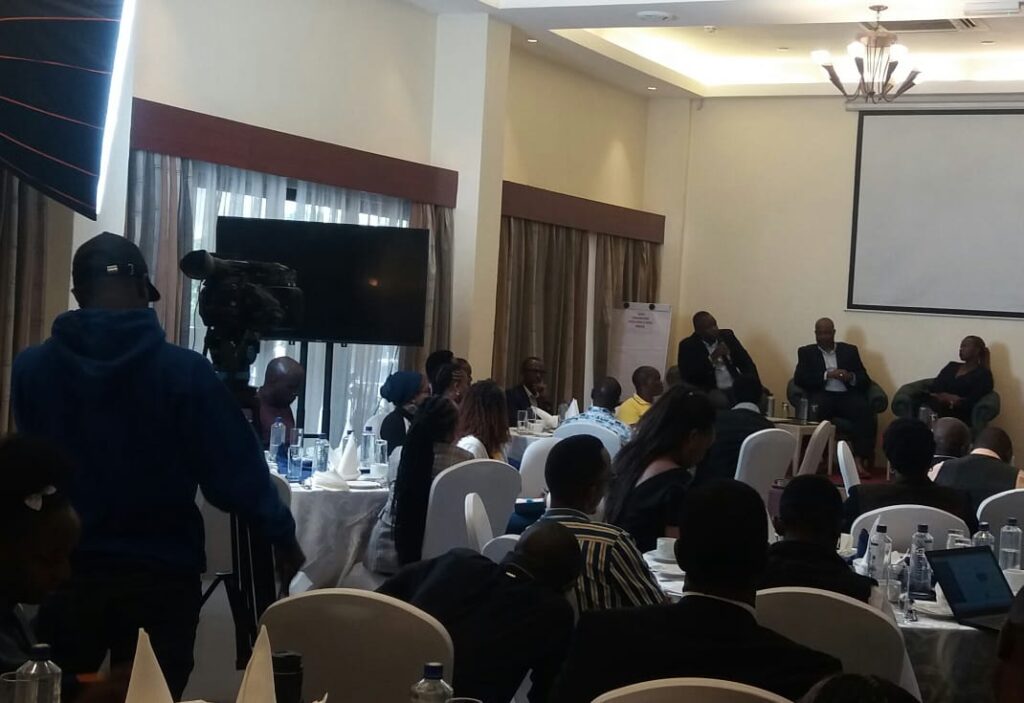
by Ronald Njoroge
Half of Kenyan consumers are borrowing more
compared to six months ago with incidences of those using more than three digital
lenders on the rise. According to Tala’s 2023 MoneyMarch “State of the Economy”
report, this is attributed to fewer full-time jobs and declined alternative sources of income
forcing consumers to borrow in order to pay for living expenses in the face of growing
inflation.
Borrowing for business purposes remained the top reason for taking a loan as 67% of
respondents indicated that they borrowed to meet business expenses and add stock.
Compared to 2022, this was a slight drop from last year’s 78% as Kenyans shift focus to
meeting basic needs such as school fees, utility bills, medical care, rent and public
transport amid soaring cost of living.
“Compared to 2022, Kenyans are cutting down on spending and saving more in a bid to
curb the impact of increasing inflation in their daily lives. More generally, we are also
seeing Kenyans borrowing more, and it is fascinating to note that over the last six months
consumers have channeled more of their loans to their savings such as ‘Chama’
contributions. It appears that customers are borrowing from digital lenders to help keep
pace with their group contributions, underlying the need for access to affordable credit
for continued financial independence during challenging economic times ” said Teddy
Kahiro, Senior User Research manager at Tala while presenting findings to media and
industry stakeholders.
While speaking on spending habits, Teddy said that the report presented a unique
perspective on what respondents were spending on. They revealed that they spent 25%
of their earnings in savings with chamas, saccos or fixed deposit accounts, 22% on
personal expenses, 23% on utility bills and a distant 15% on emergencies.
On financial literacy, over half of surveyed customers who said that they were
experiencing increased expenditures over the last six months, want more guidance on
creating a budget to manage expenses. “This is a contrast from last year where
consumers wanted guidance on how to start/grow businesses and save effectively”
noted Mr. Kahiro. “The hypothesis here could be that people are holding onto money
rather than investing it in a new business amidst the ongoing economic crunch”
concluded Teddy.
“Empowering our customers with education on how to manage their finances has always
been a key objective for Tala. We believe financial resilience among the underserved

More Stories
Naivas Supermarket awards Kikwetu 2025 Winners
KNCCI President Dr. Erick K. Rutto Appointed International Trade Advisor to Shandong Province, China
(China Economic Roundtable) China to continue boosting high-quality urban renewal: official